SUMMARY
Tribal forces in Syria have uprisen against the PYD/PKK-led SDG in Deir ez-Zor and Manbij areas and then formed an alliance. PYD, in response, has sent forces to fight with Arab tribes. The United States has chosen to act in pro-PYD neutrality while Russia bombed tribes in the North as it welcomed the development in the South.
FORECAST
We expect settlement of the issue within weeks, with greater autonomy of tribal forces within PYD/PKK areas. In addition, this process is likely to turn into a relative guerrilla war with attritional hit-and-run attacks against the PYD/PKK by tribal forces that have the capacity to use the local population to their advantage, even if the intensity of clashes decreases. And, we also think that the PYD/PKK’s advancement strategy against ISIS, which focuses on village by village, will not work against local tribes.
THE EVENT
Tribal rebellion
In the last week of August 2023, the tribal forces in the Deir ez-Zor province of Syria began clashing with SDG forces, which they have been a member of since late 2016 when they fought DAESH in collaboration.
The events began with the detainment of a commander of the Deir ez-Zor Military Council. In the following days, the clashes erupted in the cities next to the Euphrates River. The tribes and clans in the opposition-held areas also attacked YPG positions in the North, making the situation even more complex.
While the U.S. seemed less anxious and non-reacting beyond talks with the two sides, Russian planes bombed the tribal forces around Manbij, making clear its stance on what Russia could permit for the tribes in the North.
The situation did not turn into armed conflict in a matter of weeks. Rather, this is a long-term issue. The United States has been pushing PKK/PYD-led SDG forces to control vast areas of Northeastern Syria. Consequentially, the Arabian cities and villages have been administrated by PKK members coming from Kandil, Iraq.
Arab leaders in the aforementioned area have been expressing double standards of Kurdish administrators from the Kandil region, claiming they have been facing serious obstacles in reaching international aid, U.S. supplies, and even water infrastructure for civilian and agricultural use.
When SDG officials detained the commander of the Deir ez-Zor military council, the conflict broke out. In the last two weeks, tribal forces have captured a dozen of settlements. In response, YPG, PYD/PKK’s armed branch, has moved a sizeable force to the area to clash with Arabian tribes. On top, the YPG has declared senior leaders of tribes as criminals and declared tribal forces as legal targets. Arab forces, in response, have raised the opposition flag and declared that they will not accept the authorities of neither the Damascus nor the YPG.
Other than bombing tribal forces in the North, Russia seemed observatory of the situation. United States, on the other hand, is in talks with the tribes in the Deir ez-Zor region to craft a deal to settle the issue. But who the US is negotiating with on behalf of the tribes is a matter of serious confusion. In Deir ez-Zor, prominent tribal leaders of the armed insurgency have said that they have not been in talks with the US and the international coalition. The US has taken a position in favor of the YPG by not using legitimate tribal leaders as interlocutors.
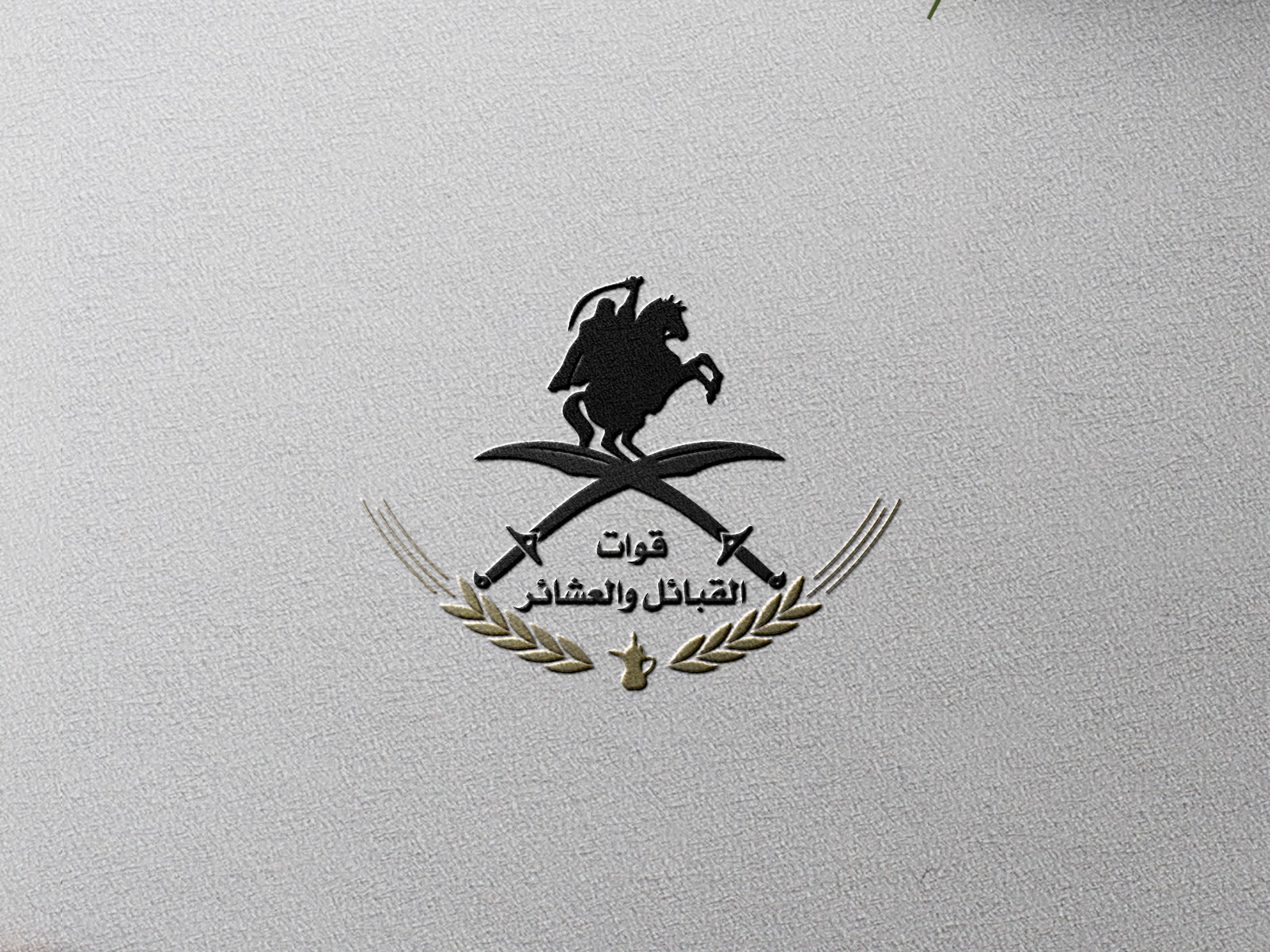
ACTORS INVOLVED
Arab Tribes
For the Arab tribes, they are the sole owner of the soil they live in. Their goal is not the restore hopes of a revolution in Syria, but to control their territory by their means. Autonomy, in short. The US and Turkey are potential partners for the tribes, but a potential tribal relationship with Turkey would undermine their already compromised security in YPG-controlled territory.
Further, not granting autonomy to the tribes will weaken the U.S. rhetoric on the SDG and its future by pushing the tribes to become more oppressed and compromised. If the negotiation process fails, the tribesmen have sufficient resources to control the limited area near the shores of the Euphrates, and as the clashes in the last two weeks show, PYD has very limited ability in the region without U.S. support.
If the Arab tribes lose the conflict against PYD in a very short and decisive manner, it has two possible consequences: radicalization of the Sunni Arab population in the region to give birth to another ISIS or Al Qaeda, or more cooperation with Iran backed Iraqi actors in the region, especially with Iranian backed Popular Mobilization Forces under IRGC command.
PYD/PKK
For PYD and its umbrella organization PKK, Syria is the most precious territory it controls right now. Through its presence in Syria, the organization gathers interest, a positive image, better relations with the International Coalition, and of course, international aid both military in civilian form. Crucially, the organization produces legitimacy out of the status quo in Syria.
The goal of the organization is to become a legitimate, independent state in the long run that has fair relations with regional actors. For Syria, the organization is looking for permanence and constitutional acceptance in some form in the middle term. On the other side, consent or allegiance of the Arab population in the region is a must for this purpose. Hence, PYD has to include Arabs both for its middle and long-term goals.
Yet, the legitimacy of PYD among the Arab tribes relies on political and physical violence, not the genuine pleasure of the Sunni Arab population. This is the very contradiction that made this conflict inevitable.
The Regime
For the regime, weakening in the status, power, and legitimacy of the U.S. is always a win. Without the U.S. support for the YPG, the regime would push the YPG to either hand over the areas it controls or include of YPG in some form within the Regime umbrella.
Meanwhile, the regime welcomes the rising Arabist sentiment among the tribes and clans.
The U.S
The United States, the sponsor of the YPG and PKK branch of Syria and its activities, is attempting evasive maneuvers while shutting an eye to the YPG’s oppression against the Sunni Arab population. The careful mindset of the U.S. is that it is going to be a disaster if YPG’s legitimacy is destroyed in Syria and it is going to cost time and money to gain what it is going to lose. In the meantime, the Regime or other parties supported by Iran, Russia or Turkey can and will easily share the prize in Syria.
Thus, the United States has been ignoring the tribes and clans, and forcing them to negotiate with YPG, which is going to increase its legitimacy further.
Russia
The objective of Russia is to keep the status quo while it is struggling in the mud of Ukraine and has very limited money to spare for Syria. The weakening of the YPG and U.S. influence in Syria is a plus, however, in the North, it means an increase in the influence of Turkey. Hence, Russia will be trying to balance the situation and keep the status quo with minor injuries in U.S. influence.
Iran
For Iran, the continuation and strengthening of the Regime and Iran-linked organizations is crucial. On the other hand, Iran also has had better relations with the YPG and PKK for the last few years. In Sinjar, Iran facilitates the linkage between the YPG and PKK while supporting it against various actors in Northern Iraq. As a consequence, Iran won’t be confronting the legitimacy of the YPG but will welcome the damage to U.S. interests for its long-term targets.
Turkey
Turkey is home to millions of Syrian migrants, shares a very long border with the country, is actively supporting large pockets of areas under opposition control, and has a military presence in the North. The reason is to prevent PKK from strengthening its base in the country. There have been multiple other targets for Turkey’s policy towards Syria yet the emergence of PYD as a legitimate actor and U.S. ally in the country has shifted the priorities.
The scene in Syria has very wide implications for Turkey. First and foremost, the weakening of PYD/PKK and its legitimacy is always welcomed in Ankara. Second, it feeds the hope in Ankara that the opposition can grow wider and include tribal forces, to increase the leverage on Turkey.
ASSESSMENT
We understand that the situation in Syria is not only complex but also promises more complexity. The tribes lack the means to control a sizeable portion of Syria and pursue the goal of being a country-wide actor in Syria. However, their ties and population base are enough to keep what they have taken under control in recent weeks. In the North, however, the prospects are grim. They will either undermine Turkey-backed opposition, which is going to be blocked by Turkey, or they will undermine PYD/PKK control, which is going to be blocked by Russia.
In the Deir ez-Zor region, an autonomous tribal region within the SDG umbrella seems the best option for all the actors. However, for this to happen, the positive phase in practical terms seems to be behind us. This is because the traditional Sunni Arab tribal structure is likely to act with emotions and decisions that can drive a long-term anger and opposition position outside the context of modern warfare.
Whether or not the tribes establish relations with the bordering Regime, Iran or Russia, even if only tenuously, now depends on the steps taken by the United States.
We consider that, the United States is right now pushing PYD officials to negotiate the terms with tribal leaders, especially when they have reached the limit of their potential. However, the tribes do not accept direct negotiations with the PYD/PKK and its armed wing, the YPG. This shows that under the rhetoric of fighting ISIS, the US has long turned a blind eye to the situation in the region. We believe that the situation will be resolved within weeks if the US negotiates directly with the legitimate representatives of the rebellious tribes. However, we emphasize that the conflicts in the region will continue at low intensity in a corrosive way if the US silence towards the YPG, which has a clear military superiority, continues.

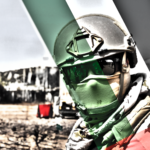
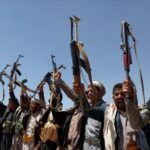

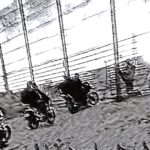


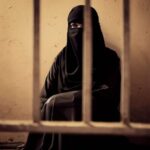

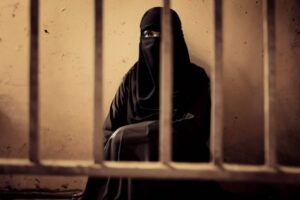


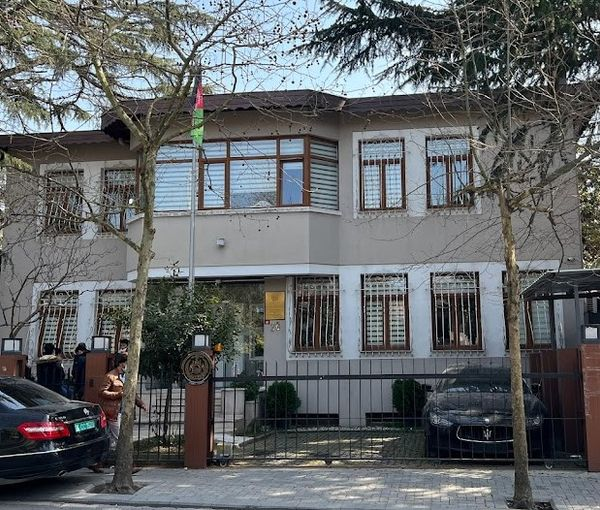
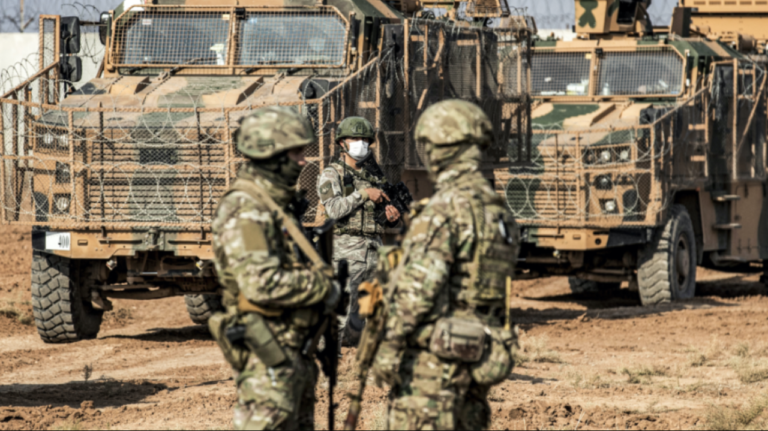
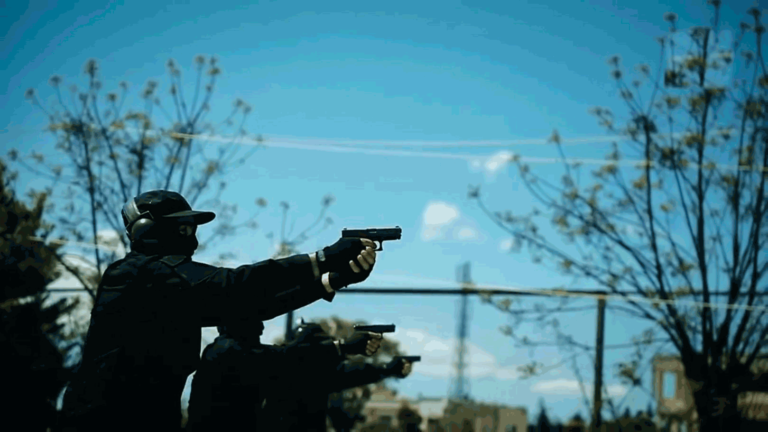
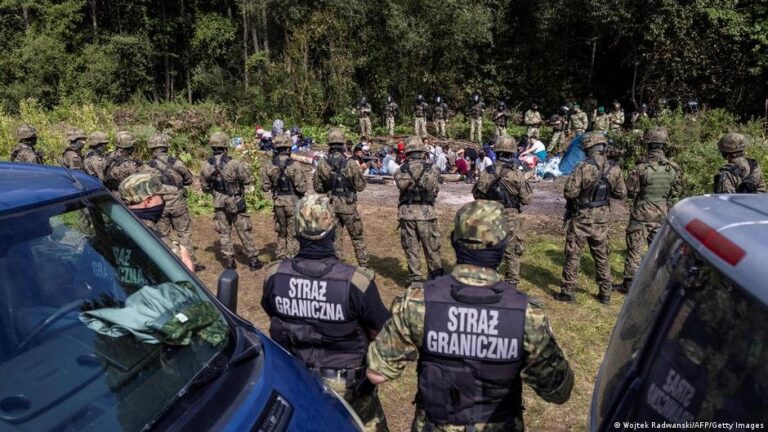
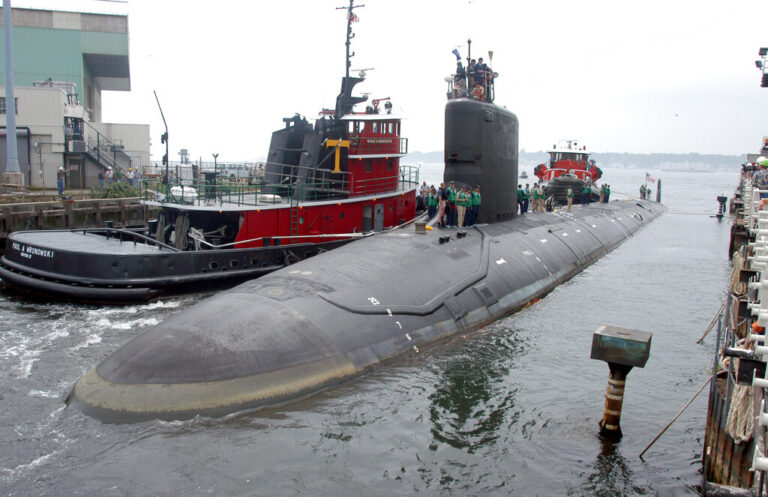
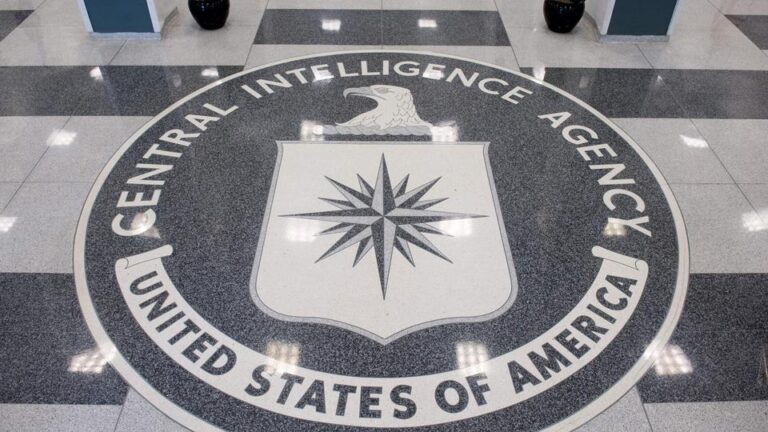
nfpbvy
10 Lotto Online-ın qaydalarını 10 online loto və təlimatlarını öyrənməklə oyun prosesində özünüzü daha çox yüksəltə bilərsiniz. Müqayisəli təhlil etməklə 10 Lotto və ənənəvi lotereya sistemləri arasında fərqi bilərsiniz.
8eotia